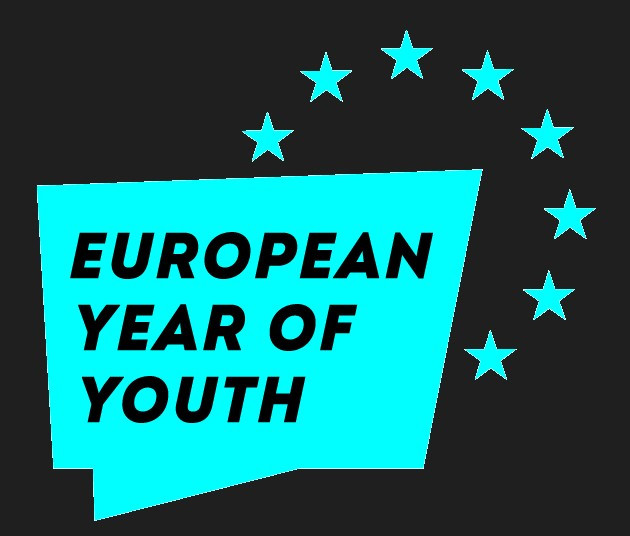
The project "Youth, Europe, Democracy" is part of the national planning of actions of the General Secretariat of Vocational Education, Training, Lifelong Learning and Youth of the Ministry of Education and Religious Affairs, which is the National Coordinator in Greece for the European Year of Youth 2022 and is financed by the European Union. In collaboration with the Institute of Political Research of the National Centre for Social Research two surveys are being carried out with young people in Greece as target population.
DETAILED INFORMATION
- PROJECT LEADER: National Center of Social Research (ΕΚΚΕ)
- BUDGET: 30.000 €
- FUNDING CATEGORY: Funded
- FUNDING AGENCY: European Year of Youth 2022, European Union
- SCIENTIFIC COORDINATOR: Katerina Iliou
- SCIENTIFIC JOINTLY COORDINATOR: Manina Kakepaki
- ΙΝΣΤΙΤΟΥΤΟ: IPE
- PROJECT TEAM: Pavlos Baltas, Christina Frentzou, Nicolas Klironomos, Stavros Maroulis, Maria Perivolaraki
- YEAR START: 2022-07
- DURATION IN MONTHS: 7
"Youth and Europe: How young people perceive Europe and their identity within it - Sustainable development goals and youth".
The survey aims to
explore various aspects of young people’s identity in contemporary Europe and
the EU. The target population is Greeks aged 18-29 years old, residing
nationwide. The object of the research is to explore how young people determine
their identity in a dual referential framework that includes not only the
European dimension of their identity, but also its national dimension through
participation in the European Union. In addition, the research focuses on the
green and digital transitions. These are two interrelated issues that have
emerged in the European Union’s policy goals and priorities, and which relate
to the digital future in combination with actions for the implementation of the
European Green Deal. These two issues are chosen because of their critical
importance for the future of young people in Europe, which is why they are high
on the European Union's agenda. Data collection is conducted by a structured online
questionnaire.
The research
findings are expected to shed light on the aspects that constitute young
people's cognitive representation of their status as Greeks, but also as
European citizens. In particular, issues such as perceptions of democracy and
its future, digital and green transition in the European context will provide
insight on young people's perceptions and the prospects they prioritise for the
future of Europe.
DETAILED INFORMATION
"Perceptions of democracy in school decision-making"
The purpose of the
survey is to capture and investigate the attitudes of the students'
perspectives on the institution of Student Councils, as well as other forms of
participation in decision making that determine school life. Greece's upper
secondary school students constitute the youth of the European Union and are
one step closer to obtaining the right to vote at the age of 17. In this
project we focus on the decision-making processes that operate in the school
environment and study the possibilities available through the functioning of
the school, as well as the individual intention of students to participate. On
the one hand, we seek to capture the democratic processes within school life
through institutionalised actions such as the Student Councils. On the other
hand, we attempt to outline students' basic intentions and individual
motivations for participation in both institutionalized actions and other
collective activities that define school culture. The existence of established
democratic procedures (such as the 15-member and 5-member Student Councils) in
the school is a necessary but not a sufficient condition for the development of
students' democratic awareness. Students' intention to participate in school
life is studied in combination with other factors in order to determine how these
factors contribute to their intention to participate in school life.
By measuring the
assessment of democratic institutions in Greek high schools in combination with
the factors that motivate students to participate in school life, we seek to
shed light on the school conditions that contribute to the formation of active
democratic citizens. Ultimately, the project can contribute to knowledge about
the processes of political socialisation of young people and highlight focal
points for the development of educational policy aimed at raising young
citizens who embrace democracy and act to sustain it.

